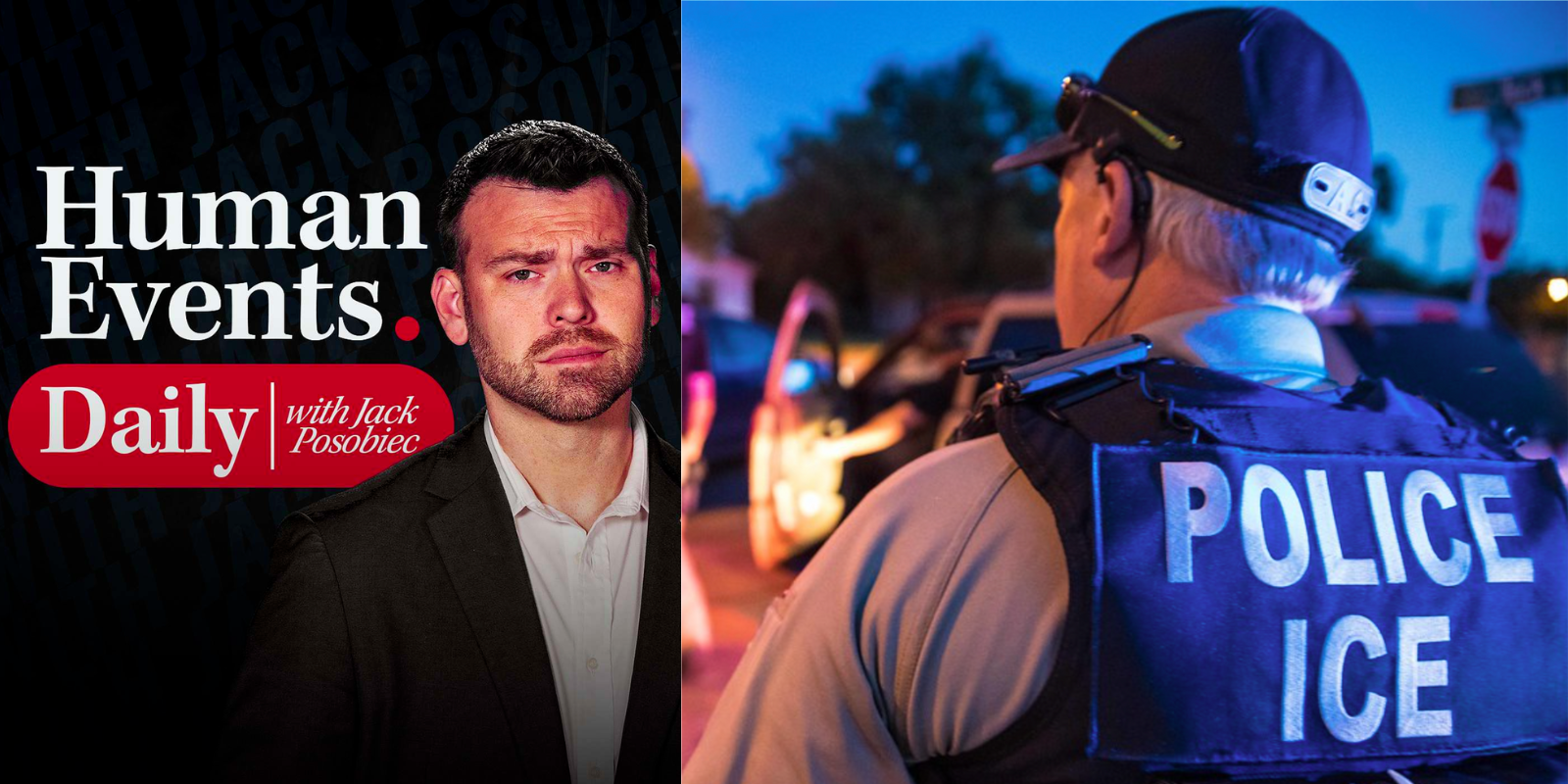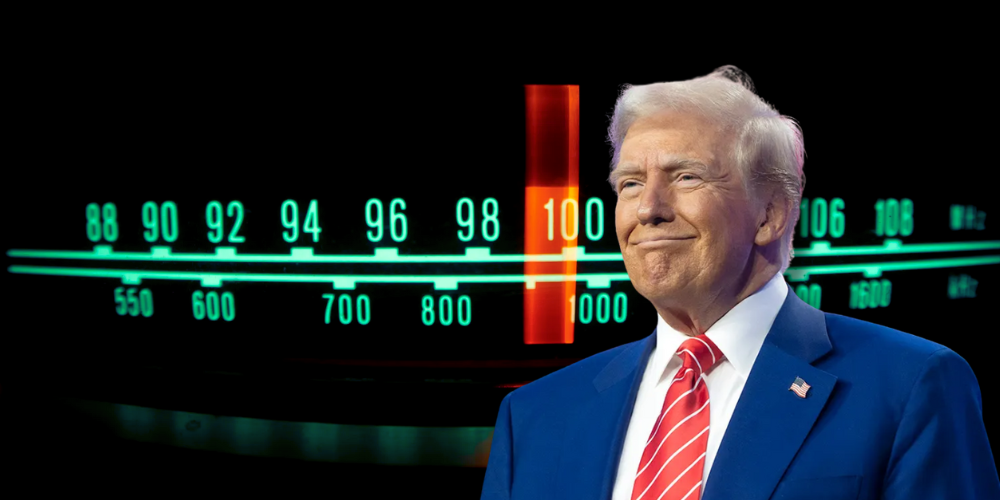A couple of weeks ago, Fast Company magazine achieved a feat that is frankly impressive: almost every single claim made in one of their articles was false—an outright lie, a halfpinion, or bias-dense claim spun as objective, observable, measurable truth.
The prized piece is entitled “There’s a revolution happening in children’s publishing—you can thank the book bans.” and the subhead reads, “Publishers are fighting back on book bans by flooding the market with books representing diverse points of view.”
In just the first two sentences alone we find five false claims and half-truths: firstly, that there is a “revolution” in children’s books. Secondly, that this "revolution" is the direct result of “book bans." Thirdly, those book bans are very real and definitely happening industrywide. Fourthly, publishers and authors are “fighting back,” which is a good thing because fifthly, the banned books represent “diverse points of view."
None of this is happening, despite the article’s further assertions that it is and especially not because “they deal with LBGTQ+ issues or shine a light on racism” or that the accused book-banners are “seizing a political moment” or are “silencing the voices of marginalized communities and erasing their stories from library shelves so that young people could not access them.”
We ought not be surprised that false narratives are presented as undeniable reality, but given the dark context of these so-called book bans, the time has come to correct the record.
No, children’s book author, your book wasn’t “banned.” You’re just a pervert and an entitled one at that.
Is there, in fact, a beneficial revolution taking place in book publishing, specifically with children’s books?
No. A revolution implies a sudden alteration to the status quo. Two experts quoted in the article claim that “Putting diverse books in the hands of children is a revolutionary act in this country” even if “this means we’re going to sell fewer copies of the book.”
And yet this is the status quo. The publishing industry stays solvent thanks to high-profile memoirs and backlists of classic bestsellers. Everything else is a pet project pushed for vanity or ideological reasons. Fast Company reports that the latter is happening in children’s books, which has yet been the case for decades. Attempting to sway young minds towards leftist values has been a mainstay of publishing since the 1960s. So much for a revolution (unless it’s a cultural revolution that has taken place since the 1960s, which is in fact what has been happening, as my new book Unhumans shows—but that is probably not what Fast Company means).
Claim 1., debunked.
Now, are these “book bans” actually “book bans”? No, that’s not correct either.
None of these alleged “banned” books is being banned from publication or sale.
Here is what is happening, as I told How To Be 24/7 for their report on Banned Books Week:
“Parents en masse are organizing and peacefully protesting for the removal of books from their libraries including their school libraries that contain mature themes and overt sexual content including depictions of sexual activity. These are inappropriate for children; however, it is likewise inappropriate to say these books are ‘banned.'”
Look up any of the books that have been pulled off the school library shelf. Can children still request those books? Yes. Are those books available from Amazon? Yes. Did the publishers of those books publicly state their support for those authors and then publish more of those authors’ books? Also yes.
No books have been banned. An actual book ban is what happened to the most influential personal development author of all time, Scott Adams, also the creator of Dilbert. Due to truthful hyperbolic remarks made on a livestream that were subsequently taken out of context, Adams’ upcoming book was canceled by the publisher, and his entire backlist of books going back more than two decades were then canceled as well. That is a book ban. A book being a little bit more difficult to check out from the library is not. As I wrote in Newsweek:
"You see them all the time at libraries and bookstores: A display of banned books.
"Nothing sums up the current hysteria around books in the United States more than a selection of allegedly banned books ranging from To Kill a Mockingbird to recent graphic novels and Young Adult (YA) books on LGBT themes on a large end cap at your local Barnes & Noble.
"For starters, there's the obvious irony that these books are not really banned, or they wouldn't be on sale, much less on display.
"In many cases, the books in question were either targets of a proposed ban, briefly pulled from shelves in one part of the country years ago, or were recently taken out of circulation at a school library, typically thousands of miles away from the display you're looking at.
"To be strictly accurate, a book is banned when the government prohibits it from being published or sold. That rarely happens in the United States, thanks to the First Amendment.
"When it does, it's typically either because the book contains graphic descriptions of sexual situations involving minors or descriptions of how to build certain kinds of explosives or weapons systems that no one outside of the military should be reading.
"Even then, you can still find copies of these books online."
Claim 2., debunked.
Now, is this so-called “book banning” an industrywide phenomenon? I asked ChatGPT about it. This was the answer: "As of the 2022-23 school year, PEN America reported that there were 3,362 instances of book bans in the U.S., affecting at least 1,557 unique titles."
Interesting. And how many books are available? Let's ask ChatGPT again: "In recent years, the number of books published annually in the United States has varied widely. For example, in 2022, approximately 826 million physical books were sold in the US. More specifically, estimates from different sources report that anywhere from several hundred thousand to a few million new book titles are published each year in the U.S."
So the alleged problem of book bans—even if we accept the false frame of “book bans”—affects a percentage so small that it is hardly worth mentioning.
Apparently Fast Company does not have access to ChatGPT. Or the internet. Or facts.
Claim 3., debunked.
Are publishers “fighting back”? No, the status quo remains—publishers win bread by selling books that are guaranteed to sell. Vanity projects like wokemaxxed children’s books have been and still are ideologically motivated profit-killers. If anything this debunks, it’s the idea that “get woke, go broke” is a thing. It is not.
Claim 4., debunked.
Is the hubbub all about “diverse” viewpoints?
Ha! No, of course not.
Graphic sexual depictions are not so-called “LGBT history” and do not belong where any child can freely and easily check out and read. And yet Fast Company accused Moms For Liberty for the “insidious” practice of informing parents that such books are being recommended to their children without their knowledge or permission.
As I have long said, “Bad reviews from bad people are good reviews.”
Claim 5., debunked.
Here is our conclusion: If you as an author are unhappy that elementary school aged children cannot freely check out from the school library illustrated depictions of homosexual sex, you might be a pervert. Perhaps your book ought to be banned though, for real this time. (A popular book I’m reading my own kids warns children that anyone showing images of private parts to a child is unsafe; go get an adult immediately and report the pervert. Interesting.)
And that indignation you feel over school libraries purchasing fewer (or no) copies of your perverted book? This reveals your narcissism, entitlement, and weak ego. Understand that school libraries use taxpayer money to acquire these books in the first place. You believe you’re entitled to sales of your book? That you don’t have to work for or otherwise earn in any way? The government should subsidize purchase of your book? Really?
And furthermore, you believe your book deserves to be in reach of children without parental consent? Really?
When some anti-family activists chant and sing, “We’re coming for your children,” they weren’t kidding.
Understand this, pervert-narcissists:
We’re coming for your books.
JOSHUA LISEC: No, your book wasn’t banned; you’re just a pervert (and a narcissist)
If you as an author are unhappy that elementary school aged children cannot freely check out from the school library illustrated depictions of homosexual sex, you might be a pervert.

If you as an author are unhappy that elementary school aged children cannot freely check out from the school library illustrated depictions of homosexual sex, you might be a pervert.
Popular
View All-
JACK POSOBIEC: Stay the course on the illegal alien deportations!
-
Myanmar junta allows large-scale parties with all-night stage shows as war drags on
-
DEBT DOOM: US, Europe, Japan hit levels that threaten global economy
-
FRED FLEITZ: Trump is right: Don't let automakers and big tech silence AM radio
-
MADISON CAWTHORN: Trump is rewriting global power and the world is falling back in line
-
KEVIN POSOBIEC to JACK POSOBIEC: Antifa running surveillance ops, hotel attacks, and street control in Minneapolis





